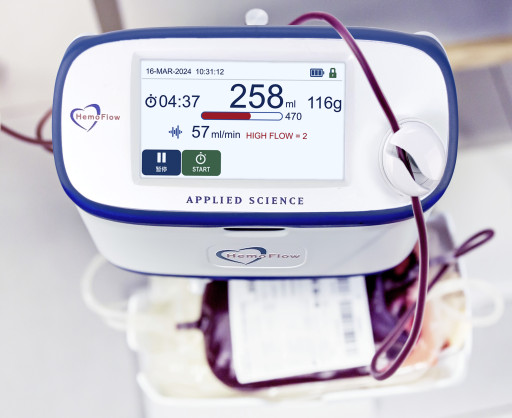
We identified a group of DNA repair genes directly induced by EZH2 and repressed by EZH2 inhibitors. Expression of these genes predicts the response of wild-type EZH2-harboring solid tumors to EZH2 inhibitors. Most importantly, our findings lay the foundation for the development of a combination therapy that combines EZH2 inhibitors and DNA damaging agents or drugs that block DNA repair for the treatment of castration-resistant prostate cancer and other solid tumors.
Next-generation sequencing data have been deposited in the Gene Expression Omnibus database (accession no. [GSE80240][1]).
[1]: https://www.ncbi.nlm.nih.gov/geo/query/acc.cgi?acc=GSE80240



